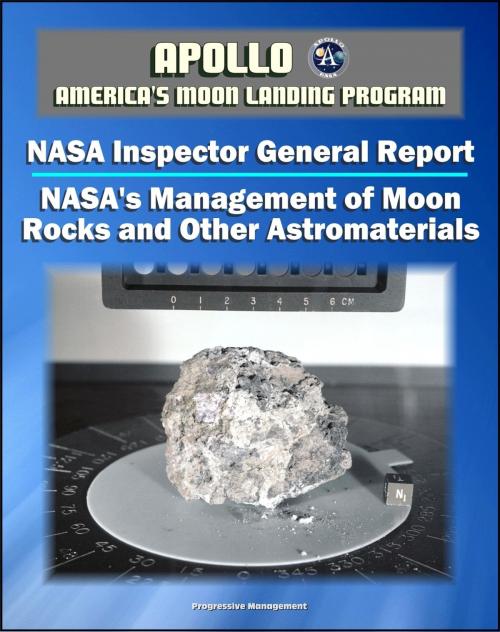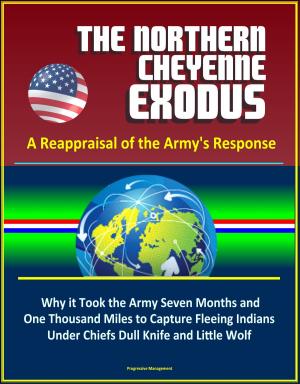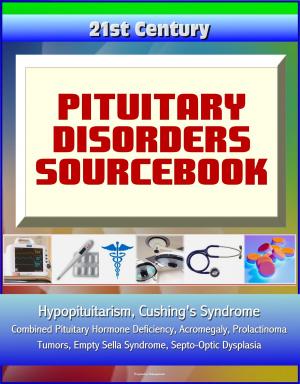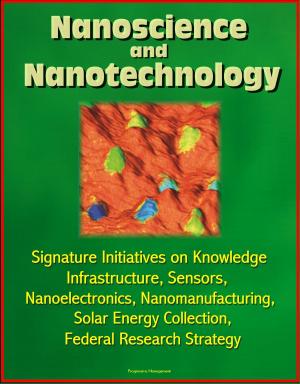Apollo and America's Moon Landing Program: NASA's Management of Moon Rocks and Other Astromaterials Loaned for Research, Education, and Public Display (NASA Inspector General Report 2011)
Nonfiction, Science & Nature, Science, Physics, Astronomy| Author: | Progressive Management | ISBN: | 9781466072633 |
| Publisher: | Progressive Management | Publication: | December 8, 2011 |
| Imprint: | Smashwords Edition | Language: | English |
| Author: | Progressive Management |
| ISBN: | 9781466072633 |
| Publisher: | Progressive Management |
| Publication: | December 8, 2011 |
| Imprint: | Smashwords Edition |
| Language: | English |
NASA Inspector General Paul K. Martin released a report in December 2011 examining NASA's controls over loans of moon rocks and other astromaterials to researchers and educators. The report found that NASA lacks sufficient controls over its loans of these materials, which increases the risk that these unique resources may be lost or stolen.
The report states:
NASA has been experiencing loss of astromaterials since lunar samples were first returned by Apollo missions. In addition to the Mount Cuba disk, NASA confirmed that 516 other loaned astromaterials have been lost or stolen between 1970 and June 2010, including 18 lunar samples reported lost by a researcher in 2010 and 218 lunar and meteorite samples stolen from a researcher at Johnson in 2002, but since recovered. As a result of the Mount Cuba incident and concerns about additional unknown losses, the OIG initiated an audit to assess NASA's controls over loans of astromaterials. The number of astromaterial samples NASA has loaned to researchers has increased by more than 60 percent over the last decade. Additionally, NASA is planning new missions intended to collect more samples from across the solar system. Accordingly, NASA's control of and accountability for these rare and valuable materials must be reliable.
NASA lacks sufficient controls over its loans of moon rocks and other astromaterials, which increases the risk that these unique resources may be lost. Specifically, we found that Curation Office records were inaccurate, researchers could not account for all samples loaned to them, and researchers held samples for extended periods without performing research or returning the samples to NASA. In addition, although NASA recently improved controls over loans to educators, we identified additional opportunities for NASA to strengthen its practices and update its policies for loans of astromaterials for education and public display purposes. As of December 2011, the Curation Office was still searching for the 18 lost lunar samples.
NASA Inspector General Paul K. Martin released a report in December 2011 examining NASA's controls over loans of moon rocks and other astromaterials to researchers and educators. The report found that NASA lacks sufficient controls over its loans of these materials, which increases the risk that these unique resources may be lost or stolen.
The report states:
NASA has been experiencing loss of astromaterials since lunar samples were first returned by Apollo missions. In addition to the Mount Cuba disk, NASA confirmed that 516 other loaned astromaterials have been lost or stolen between 1970 and June 2010, including 18 lunar samples reported lost by a researcher in 2010 and 218 lunar and meteorite samples stolen from a researcher at Johnson in 2002, but since recovered. As a result of the Mount Cuba incident and concerns about additional unknown losses, the OIG initiated an audit to assess NASA's controls over loans of astromaterials. The number of astromaterial samples NASA has loaned to researchers has increased by more than 60 percent over the last decade. Additionally, NASA is planning new missions intended to collect more samples from across the solar system. Accordingly, NASA's control of and accountability for these rare and valuable materials must be reliable.
NASA lacks sufficient controls over its loans of moon rocks and other astromaterials, which increases the risk that these unique resources may be lost. Specifically, we found that Curation Office records were inaccurate, researchers could not account for all samples loaned to them, and researchers held samples for extended periods without performing research or returning the samples to NASA. In addition, although NASA recently improved controls over loans to educators, we identified additional opportunities for NASA to strengthen its practices and update its policies for loans of astromaterials for education and public display purposes. As of December 2011, the Curation Office was still searching for the 18 lost lunar samples.















